The Challenges of 2013
The year 2013 was dominated by global efforts to find a solution to the financial crisis, with Europe and the Eurozone still a major cause to worry.

Corina Cristea, 09.01.2022, 22:31
The Nobel laureate for economy Joseph Stiglitz believes that Europe will be the main risk for the global economy in 2013. In an article in Hadelsblatt he singled out the difficulties faced by Spain and Greece, which are in a difficult recession. Stiglitz rejects the idea of the European budget pact, and believes that the European Central Bank cashing in on state bonds can only be a temporary solution. Analysts believe that the shaky Euro and the sovereign debt crisis, far from being effectively dealt with in 2012, but kept under relative control, will still be at the forefront in 2013.
A major element in this equation will be French-German cooperation, traditionally the engine of European integration. In her New Year address, Angela Merkel, the head of government in the most important European economy, warned Germans that the economic environment would be more difficult in 2013. Speaking of the economic crisis all over Europe, she called for patience and courage, saying that reforms start showing results, but that the crisis is far from being weathered.
Even though it is in a much better situation economically than all other European countries, Germany has faced a slowdown throughout the year, and the German central bank does not rule out a recession. France considers unemployment a priority, with the unemployment rate standing at over 10%. Spain is even worse, with 25%. The Greek finance minister too has warned that 2013 will be tough, but slightly better than 2012, because, he claims, the country’s economy is improving. 2013 is expected to be complicated for Romania too, as it has to pay back large scale international loans, and especially as its main lender, the EU, is in a difficult situation.
The exchange rate for the national currency against the Euro will be in line with the course of the economy, and the same is valid for access to bank loans. The Romanian Association of Finance and Banking Analysts expects an average exchange rate of 4.55 lei per Euro by the end of 2013, and bank loan access has no real prospects to revitalize. Ireland, the country that took over the six-month presidency of the EU on January 1, has announced it will concentrate on fixing the European economy and on creating jobs. The country’s Foreign Minister and deputy PM Eamon Gilmore has stated that special attention must be paid to restoring the European economy by making the EU more competitive, growing the economy and creating jobs.
Setting aside economic issues, the civil war in Syria remains a major challenge. According to the UN, after almost two years of civil war, the death toll in Syria is 60,000. the UN Human Rights Commissioner Navy Pillay has stated that the figures are the result of five months of research, using seven separate sources.
Another major issue was the Iranian nuclear situation, which has the potential to spark a conflict in the region, according to experts. Since the very beginning, the great powers and Israel have been suspecting Tehran of trying to produce atomic weapons under the cover of its civilian nuclear program, fervently denied by the regime of the Ayatollahs. Some experts believe that other world leaders should offer Iran something substantial in return for cooling its nuclear program, without ruling out air strikes against its nuclear facilities.
2013 is the year when Americans and the world are waiting to see how President Obama’s second term unfolds, especially with regard to foreign policy. Analysts are on the lookout for developments in the Euro-Atlantic strategic partnership, increased US commitment to the Asia-Pacific area, and in the US position in the Israeli-Palestinian conflict. One issue in particular grabs attention, that of mounting tensions in the issue of the China Sea islands, disputed between China, Japan and South Korea.
But, getting back to Romania, one major challenge is its bid to join the Schengen area. Romania has been repeatedly denied entry because of issues in implementing the community acquis requirements.
Romania’s and Bulgaria’s bid to join Schengen is scheduled to be reviewed in March, when a green light
is expected for the air and maritime borders. The earliest that ground borders could be opened is June of this year.






























